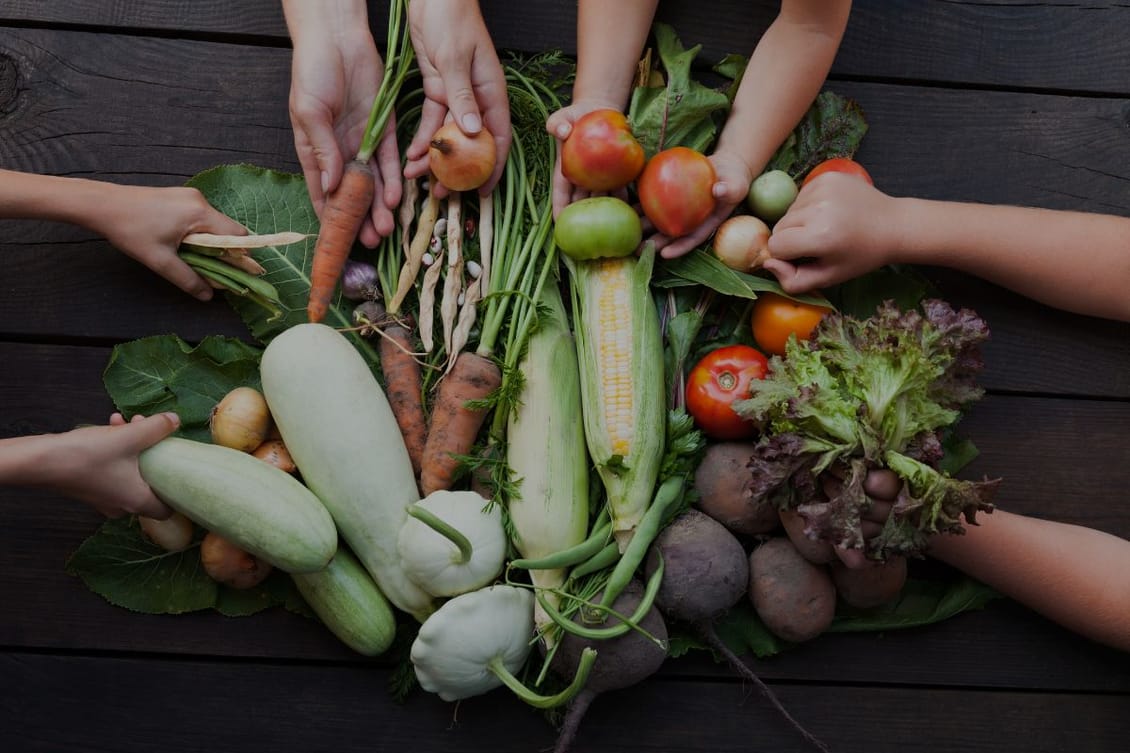
In November and December 2023, world leaders got together in Dubai with business leaders, civil society representatives, indigenous communities, international youth groups, global NGOs, and more – for COP28, the United Nations climate change conference.
Food sustainability and security are key concerns for populations all around the world. So food came into focus at the conference for collaborative discussion, problem-solving initiatives, and critical investments.
In case you missed it, here’s a quick lowdown on what happened with food at COP28.
According to organisers, a staggering USD $7.1 billion in new funding commitments were mobilised, specifically for food-related climate action.
The US and the United Arab Emirates run a joint initiative called The Agriculture Innovation Mission for Climate (AIM4Climate), working to scale climate-smart agricultural practices.
And funding for this initiative increased to $17 billion (more than double the funding commitments at COP27); including $12 billion from the Australian, Canadian, Brazilian and US governments.
After the conference, 18 new countries had signed a historic agreement to include food and agriculture in their future climate change strategies – bringing the total number of countries involved to 152.
Mariam bint Mohammed Almheiri (UAE minister of climate change and COP28 food systems lead) said in a statement:
“We have built the foundations for action, which commit 152 countries to transform their food systems, and embedding those commitments in their climate strategies, all the while ensuring they are protecting the livelihoods of those who depend on those sectors. Together, we must build a global food system that is fit for the future.”
And in support of that government-focused, more global food producers signed a supporting declaration of commitment to advance sustainability in agriculture – including (but not limited to) Nestlé, Unilever, Syngenta, and Danone.
In line with the agreement, climate action plans for food will be finalised in two years at COP30 in Brazil.
So countries around the world are working to share knowledge and expertise, collaborating to shape those plans and reimagine our food and climate future.
The World Bank, along with the COP28 present and other partners, are formalising that collaborative process – with a three-year program dedicated to facilitating open dialogue and knowledge sharing, called the Agrifood Sharm-El Sheikh Support Program.
Speaking about this program, Ismahane Elouafi (Executive Managing Director at the Consortium of International Agricultural Research Centers) said in a statement,
“If we act urgently to transform our agrifood systems through the adoption of proven technologies and innovations, we can end hunger for all and grow prosperity within safe planetary boundaries. By pooling our efforts, we can support countries, namely in the Global South, to develop and implement their national pathways based on science and evidence.”
If there’s one thing that will characterise future work to establish sustainable, secure, high quality food production systems around the world, it’s exactly that:
‘Pooling efforts.’
No single country or solo business can overcome the challenges ahead without collaboration and knowledge-sharing. And the food industry can’t do it without government and public support, either.
Because with over 8 billion people on the planet and the need for increasingly urgent climate action, food is very much a global issue.
Take your seat at the InFlavour table, a government-backed and world-leading B2B food event by Tahaluf.
E-mail address SubmitWant to keep up to date with all our latest news and information? Enter your name below to be added to our mailing list.
E-mail address Submit